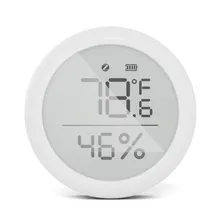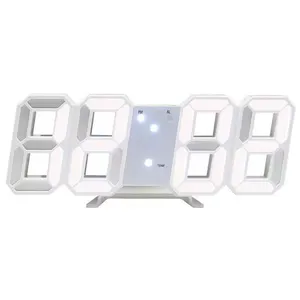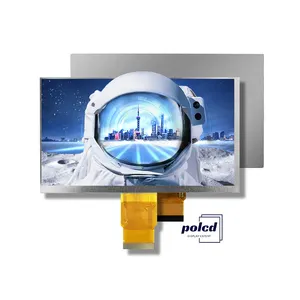Digital Clock Module: An Overview
Digital clock modules are integral components in the modern timekeeping industry, offering precision and versatility across various applications. These modules are the heart of digital time displays, embedded in devices ranging from simple bedside alarms to complex industrial timekeeping systems.
Types and Features
There is a diverse array of digital clock modules available, each designed to cater to specific requirements. Some common types include LCD and LED modules, which differ in display technology and energy consumption. LCD modules are known for their low power usage, while LED modules stand out with their bright and clear visibility. Features such as countdown timers, stopwatch functions, and programmable alarms are also prevalent, enhancing the utility of these modules.
Applications and Utility
The application of digital clock modules extends beyond mere time display. They are frequently utilized in synchronization systems for schools and office buildings, ensuring a uniform time reference. In transportation, these modules help in displaying accurate schedule timings, crucial for maintaining operational efficiency. Their adaptability also allows integration into smart home systems, where they can be programmed to control various household activities based on time.
Design and Customization
Design considerations for digital clock modules often include size, display color, and power requirements. Customization options enable manufacturers to tailor modules to specific environments, such as outdoor clocks with weather-resistant features or compact designs for handheld devices. The aesthetic aspect is also customizable, with various font styles and backlight colors to match different product designs.
Materials and Sustainability
Manufacturers are increasingly focusing on the sustainability of digital clock modules by using eco-friendly materials and designing for energy efficiency. The longevity of these modules is a key factor, reducing the need for frequent replacements and thereby minimizing waste.
Choosing the Right Module
Selecting the appropriate digital clock module requires an understanding of the intended application and environment. For instance, a module for an outdoor digital clock needs to be robust and visible in various lighting conditions, whereas an indoor clock might prioritize aesthetics and low power consumption. It is essential to consider the module's compatibility with the power supply and the overall design specifications of the final product.
digital clock module









































 浙公网安备 33010002000092号
浙公网安备 33010002000092号 浙B2-20120091-4
浙B2-20120091-4